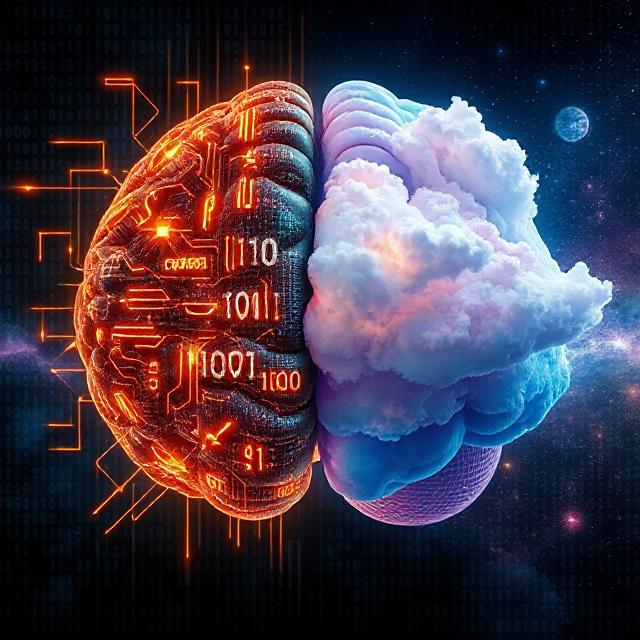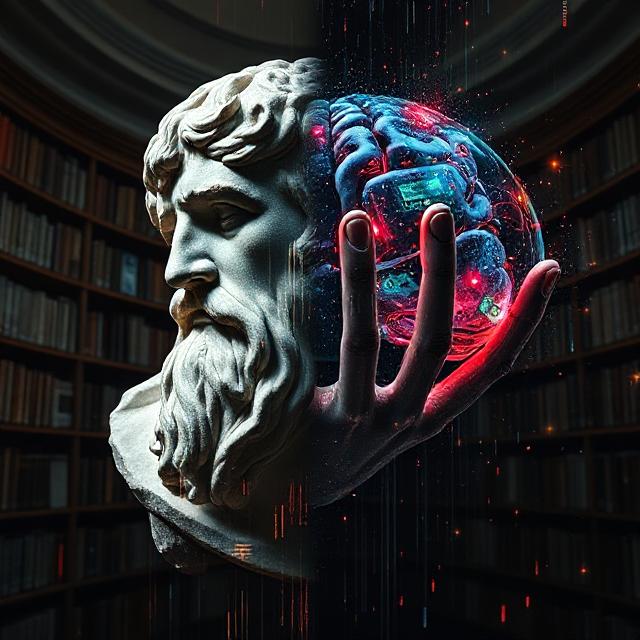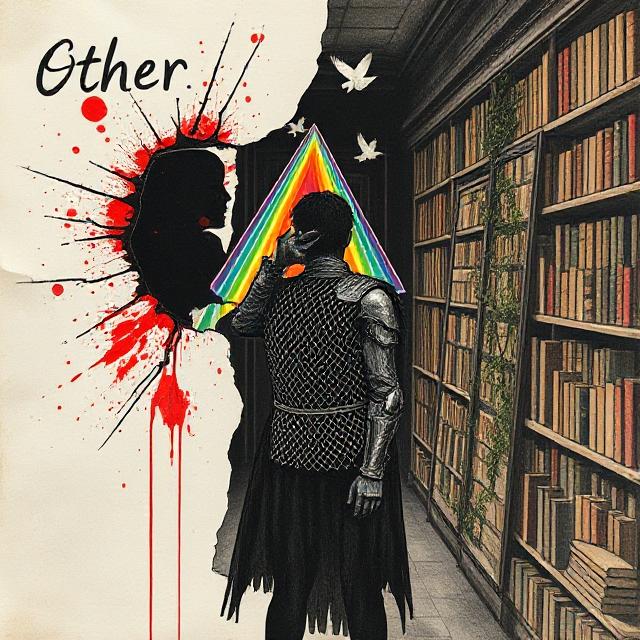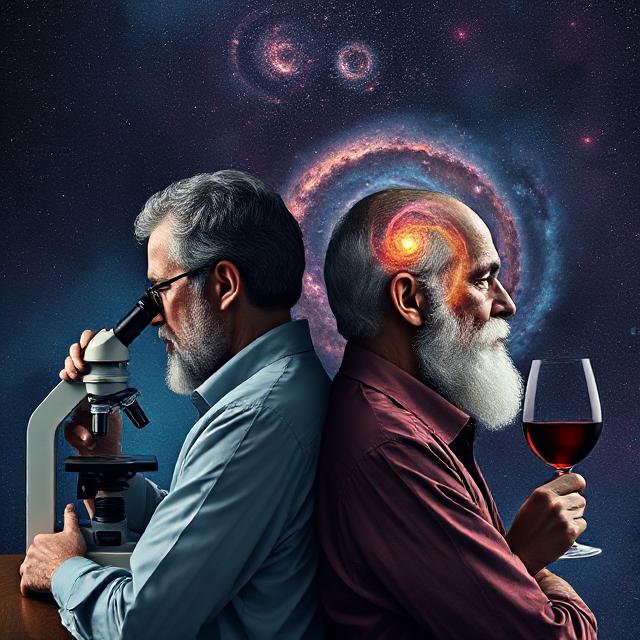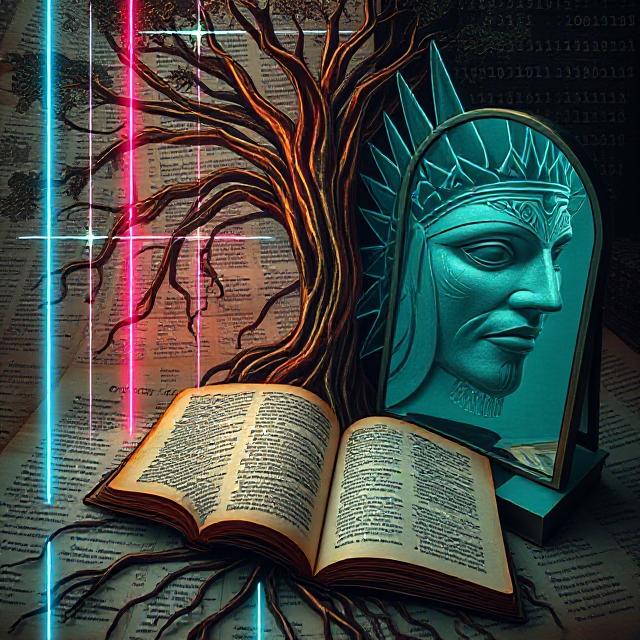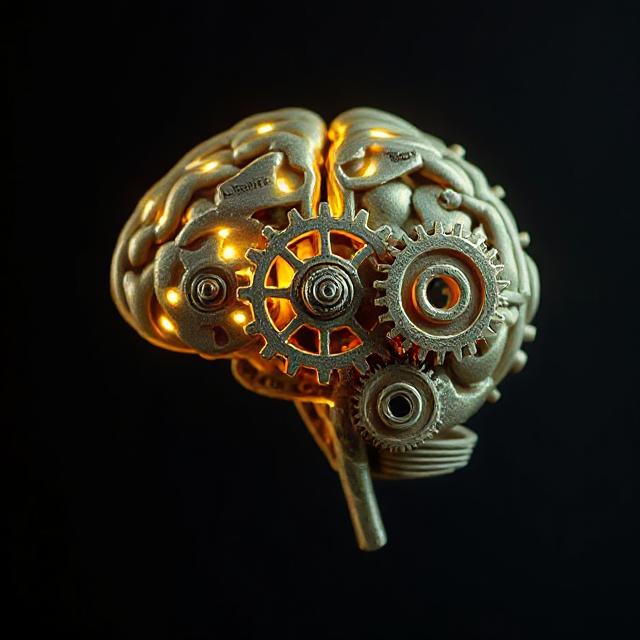Table of Contents
Evolution of Philosophy (Timeline): From Mythos to Modernity
Introduction: Why Track the Evolution of Philosophy?
The evolution of philosophy is more than a linear timeline of thinkers and schools—it’s the unfolding of human consciousness wrestling with the deepest questions. As history marched forward, philosophy responded to new discoveries, crises, and transformations, adapting its methods and shifting its focus.
This page offers a curated chronological journey through the key eras, minds, and paradigms of philosophical development—from ancient speculation to 21st-century critique. It’s a map of humanity’s changing attempts to answer: What is real? What is true? What is good? Who are we?
What You’ll Discover on This Timeline
- Major eras and turning points in philosophical development
- Iconic philosophers and schools of thought
- How context shaped questions (e.g., religion, science, politics)
- How core ideas like logic, ethics, metaphysics, and knowledge evolved
- Related reading recommendations and next-step links
This timeline is not exhaustive—it’s selective and thematic, highlighting evolution rather than encyclopedic detail.
Ancient Philosophy (c. 600 BCE – 500 CE)
Philosophy emerged from mythos—stories used to explain the cosmos—toward logos, a rational inquiry into existence.
Pre-Socratic Thinkers (Thales, Heraclitus, Parmenides)
- Asked: What is the substance of reality?
- Moved from gods to elements, unity, and change
- Heraclitus: “Everything flows”
- Parmenides: “Change is illusion”
Classical Greece (Socrates, Plato, Aristotle)
- Socrates introduced the dialectic: questioning for truth
- Plato proposed ideal forms beyond sensory reality
- Aristotle systematized logic, ethics, and natural science
- The birth of metaphysics, epistemology, ethics, and political theory
Hellenistic Schools (Stoics, Epicureans, Skeptics)
- After Alexander, focus shifted to ethics for individuals in a chaotic world
- Stoics sought virtue through reason and fate
- Epicureans sought peace through pleasure and moderation
- Skeptics doubted certainty and trusted appearances
Roman Philosophy (Cicero, Seneca, Marcus Aurelius)
- Practical adaptation of Greek thought
- Influence on early Christian philosophy
- Emphasis on duty, virtue, and stoic endurance
✝️ Medieval Philosophy (500 – 1400 CE)
Philosophy merged with theology, seeking to reconcile faith and reason.
Augustine to Aquinas
- Augustine: Adapted Plato to Christian doctrine—introspection, original sin
- Boethius: Translated Greek logic to Latin West
- Anselm: Ontological argument for God’s existence
- Aquinas: Synthesized Aristotle and Christianity in Summa Theologica
Key themes:
- The problem of evil
- Proofs of God
- The role of divine illumination in knowledge
- Debates about universals (realism vs. nominalism)
Renaissance & Early Modern Philosophy (1400 – 1700)
The rediscovery of classical texts, rise of science, and weakening of Church authority led to a philosophical rebirth.
Rationalists (Descartes, Spinoza, Leibniz)
- Truth comes from reason alone, not senses
- Descartes: “I think, therefore I am.” Dualism of mind and body
- Spinoza: God is nature; substance is one
- Leibniz: Monadology—reality made of spiritual atoms
Empiricists (Locke, Berkeley, Hume)
- Truth comes from experience and observation
- Locke: Tabula rasa—the mind is a blank slate
- Berkeley: “To be is to be perceived”
- Hume: Radical skepticism about causality and the self
Political Philosophy (Machiavelli, Hobbes, Rousseau)
- Rise of social contract theory
- Shift from divine right to popular sovereignty
- Beginnings of enlightenment liberalism
Enlightenment to German Idealism (1700 – 1850)
Philosophy becomes critical, systemic, and revolutionary.
Immanuel Kant
- Unified rationalism and empiricism
- Argued that we impose categories on experience
- Ethics based on duty and the categorical imperative
- Reoriented metaphysics: We know appearances, not things-in-themselves
Hegel and German Idealists
- Hegel: History is the unfolding of Geist (Spirit) through dialectic
- Truth is not static, but historically evolving
- Influenced Marx, existentialism, and continental thought
⚙️ 19th Century Philosophy (Utilitarianism, Existentialism, Marxism)
Utilitarianism (Bentham, Mill)
- Ethics is the greatest good for the greatest number
- Emphasized consequences, not duties
- Foundations of modern liberal democracy and policy ethics
Existentialism (Kierkegaard, Nietzsche)
- Human existence precedes essence
- Kierkegaard: Emphasized faith, anxiety, and the leap beyond reason
- Nietzsche: Critique of morality, Übermensch, and the death of God
Marxism (Karl Marx)
- Philosophy as praxis—thought for revolution
- Critique of capitalism and alienation
- History as class struggle
- Called for the end of philosophy as mere interpretation
20th Century Thought: Analytic vs Continental
Analytic Philosophy (Frege, Russell, Wittgenstein)
- Focus on logic, language, and clarity
- Frege: Foundations of logic and mathematics
- Russell: Logical atomism and paradoxes
- Wittgenstein: Early—language as picture; Later—language as use
Phenomenology & Existentialism (Husserl, Heidegger, Sartre)
- Husserl: Describing experience “as it is given”
- Heidegger: Being-toward-death, authenticity
- Sartre: “Existence precedes essence”—freedom and nausea
- Merleau-Ponty: Embodied perception
Critical Theory (Frankfurt School)
- Horkheimer, Adorno, Marcuse
- Critiqued capitalism, mass culture, and enlightenment rationality
- Philosophy must engage history, power, and culture
Postmodernism & 21st Century Philosophy
Postmodern Challenges (Derrida, Foucault, Lyotard)
- Derrida: Deconstruction—language undoes itself
- Foucault: Power is knowledge; history is interpretation
- Lyotard: “Incredulity toward metanarratives”
Postmodernism questioned objectivity, universal reason, and the enlightenment legacy. It emphasized difference, play, irony, and marginal voices.
21st Century Frontiers
- Philosophy of mind: Consciousness, AI, neurophilosophy
- Environmental ethics: Anthropocene, deep ecology
- Feminist & postcolonial thought: Voice, agency, critique of structures
- Philosophy of technology: Digital life, surveillance, transhumanism
Interactive Timeline Series
Want to dive deeper into each phase? Check out our Timeline Series, which features dedicated entries on:
- Greek Foundations
- Medieval Metaphysics
- Enlightenment Reason & Revolt
- Existential & Phenomenological Thinkers
- Postmodern Critiques & Futures
Final Reflection
The evolution of philosophy is the evolution of how we know, live, and reflect. It’s not just history—it’s a living conversation. As new technologies, crises, and insights emerge, the questions adapt. The timeline continues.
Your participation in this dialogue is what makes philosophy more than a past—it’s a future.
